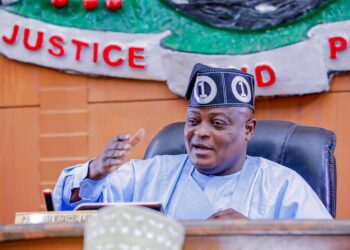The European Union Election Observation Mission to Nigeria says the February 23, 2019 elections was marked by serious operational shortcomings, adding that 14 per cent of some essential materials were missing from polling units.
The EU Chief Observer, Maria Arena, who is also a member of the EU Parliament, said this in Abuja on Monday while presenting a preliminary report on the elections.
She said, “On election day, 91 EU observers saw opening, voting and closing processes at 261 polling units, and the collation of results at 94 centres across 31 states and the Federal Capital Territory.

“Polling procedures were not always followed, and in 14 per cent some essential materials were missing. Positively, in almost all observations of counting, party agents received copies of results forms. However, there were problems in filling out results forms and they were not displayed in half the units observed, weakening transparency.”
Arena said INEC operated in a difficult environment and made a number of improvements since 2015, including the introduction of continuous accreditation and voting.
But she noted serious shortcomings in INEC’s operations and also the need for regular communication and transparency, adding that the last-minute postponement of the elections, and the delayed start to voting on February 23 placed an undue burden on voters.
The EU observers also condemned the violence that marred the elections in a few states.








